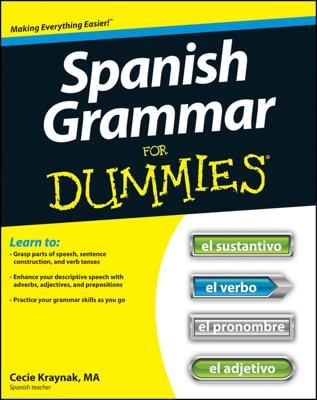The conditional perfect is a Spanish verb tense you can’t live without. It enables you to provide excuses in Spanish for actions that would have taken place if certain conditions had existed. “I would have arrived on time,” for example, “if my car wasn’t being repaired.”
To form the conditional perfect, you begin with the verb haber in the desired tense (in this case, the conditional tense) and then add the past participle of the main verb. To form the conditional tense of the verb haber, you begin with the irregular verb stem habr- and then add the required verb ending. The table below shows the verb haber conjugated in the conditional tense.
| Conjugation | Translation |
|---|---|
| yo habría | I would have |
| tú habrías | You (informal) would have |
| él/ella/ello/uno habría | He/she/one would have |
| usted habría | You (formal) would have |
| nosotros habríamos | We would have |
| vosotros habríais | You all (informal) would have |
| ellos/ellas habrían | They would have |
| ustedes habrían | You all (formal) would have |
Take a look at the following examples to see how the conditional is used.
Yo habría terminado la tarea pero estaba demasiado cansado. I would have finished the assignment but I was too tired.
Yo te habría escrito una carta pero no sabía tu dirección nueva. I would have written you a letter but I didn’t know your new address.

